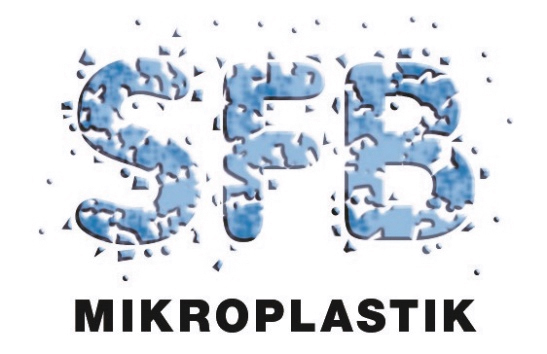News
Neue SFB 1357 Pressemeldung: Neue Studie der Universität Bayreuth: Bioabbaubares Mikroplastik in Böden lässt CO₂-Emissionen ansteigen
08.11.2022

Wir freuen uns, eine Pressemitteilung der Universität Bayreuth zu der unten stehenden Studie bekannt zu geben:
Die Pressemitteilung der UBT finden Sie hier: https://www.uni-bayreuth.de/pressemitteilung/Mikroplastik-CO2-Emissionen
Neue Studie der Universität Bayreuth: Bioabbaubares Mikroplastik in Böden lässt CO₂-Emissionen ansteigen
Biologisch abbaubare Mikroplastik-Partikel in Böden können zu einem verstärkten Anstieg von CO₂-Emissionen in die Erdatmosphäre führen. Dies zeigt eine interdisziplinäre, in „Applied Soil Ecology“ veröffentlichte Studie des Sonderforschungsbereichs 1357 „Mikroplastik“ an der Universität Bayreuth. Expert*innen für Bodenökologie und ökologische Mikrobiologie vergleichen darin erstmals in systematischer Form die Auswirkungen eines herkömmlichen und eines bioabbaubaren Kunststoffs in unterschiedlichen Böden. Auch die Folgen für die mikrobielle Biomasse in den Böden, insbesondere für Bakterien und Pilze, werden analysiert.
Die Autor*innen der Studie sind: Adina Rauscher, Nele Meyer, Aileen Jakobs, Ryan Bartnick, Tillmann Lüders und Eva Lehndorff.
"Biodegradable microplastic increases CO₂ emission and alters microbial biomass and bacterial community composition in different soil types"
DOI: https://doi.org/https://doi.org/10.1016/j.apsoil.2022.104714
veröffentlicht in: Applied Soil Ecology
Abstract: Plastic input to the terrestrial environment is of global concern and the still increasing production and release worldwide reinforces this problem. It has been shown that microplastics (MPs) can affect soil structure and soil organisms, possibly leading to an increase in soil carbon turnover, microbial activity and resulting CO₂ emissions. Yet, the response of soil CO₂ emissions to various types, quantities, and sizes of microplastic is not well understood. The aim of this work was to investigate the effect of conventional and biodegradable microplastics on soil microbial biomass, bacterial community composition and CO₂ development. Two types of plastics, LDPE (low-density polyethylene) and PBAT (polybutylene adipate-co-terephthalate), at low (0.1 %) and high (1 %) concentrations and in three different size ranges (50–200 μm, 200–500 μm, and 0.63–1.2 mm) were amended to a sandy loam and a loamy soil and CO₂ emissions were measured over four weeks. Afterwards, microbial biomass and growth were estimated, and prokaryotic community shifts were inferred by amplicon sequencing. No effect of LDPE on soil CO₂ emissions could be detected, but higher CO₂ emissions (13–57 %), microbial biomass (1–7 %), and a shift in community composition was induced by addition of the biodegradable PBAT when added at high concentration. Soil CO₂ emissions were 10–13 % greater when small PBAT particles were added compared to large ones. PBAT addition at low concentration had no significant effect independent of its size. Overall, the effect of PBAT addition on soil CO₂ emissions was larger in sandy loam than in loam. Several bacterial lineages known to degrade polyesters and other biodegradable MPs, such as members of the Caulobacteraceae and Comamonadaceae were found enriched after PBAT amendment, but effects were soil specific. We conclude that direct impacts of plastic on soil properties are not the main reason for increased soil CO₂ emissions, but rather relate to the different recalcitrance of polymer types. Soils contaminated with biodegradable plastic may emit larger amounts of CO₂, which needs to be considered in predictions of global impacts of plastic pollution and its mitigation.

